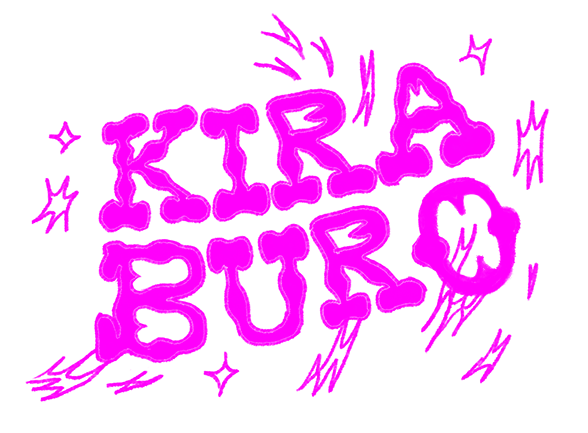ISSUE 01 / DEC 2020
The light is held beautifully, carefully, by tree limbs so recently emptied – they are no strangers to gathering light, these beeches and elms, their recent expressions still heaped in piles 'round their trunks, freshly detailed by the discerning eye of morning frost. The air pools, gathers light as though it has been deposited there by a watercolour brush, and the shore birds dip into and out of those pinks and golds in choreographed spirals. The shoreline is, for a morning, entirely transformed by this rolling fog and the way it dances with all of my familiars – the world calls to me through these curtains and reveals itself, slowly, as tiny steps carry me forward.
“Invocation Against Harm”, 2020.
There can be no love without justice, as bell hooks offers in her book All About Love, which I have been revisiting in the twilight of this year. There can be no love without truth-telling, no truth-telling without a necessary degree of vulnerability.
Our efforts to create trust through honesty within the dynamics of our relationships are essential and generative acts. Together, we begin to create a culture wherein mistakes are seen as valuable opportunities to learn, where we learn to hold ourselves accountable instead of expecting those in our communities to uphold our values for us, and the foundation of our relationships becomes a warm curiosity about the other -- regardless of our perceived separateness or difference. "Love is the quality of attention we pay to things", writes J.D. McClatchy. Of course, curiosity remains an emergent characteristic of feeling safe, and where we feel unsafe we become closed. This is different from discomfort, which we may lean into and grow to understand as an opportunity to learn…the distinction is important noticing, too.
Dean Spade and Mia Mingus, in their talk about mutual aid given earlier in November this year, dove into the colonial value of perfectionism and the way that it can divide our sense of self into two restricted, stifled modes of being – both of which have troubling consequences, especially in activist spaces. One may either become paralyzed by the notion of potential wrongness and choose inaction in favour of trying (threatened by the likelihood of making mistakes and facing criticism) – or one may force one's own will without listening to others and is unable to take feedback.
What feels radical to me in these instances is choosing connection over our myths of rightness or wrongness: choosing the people we live alongside instead of our own certitude. This could look like asking for help, climbing towards accountability, choosing honesty and forgiveness over the martyrdom that comes from the notion of an ideal self -- one that leaves no room for the beauty and disgrace of flexible, mutable personhood (both regarding the self and the other). rev. angel Kyodo williams has described the mind as a house's junk drawer -- full of a jumble of things that we slowly begin to realize are not only our own. Some are our parent's, some belong to our institutions, some we do not recognize at all. The journey towards self-compassion necessarily includes an understanding that many of our thoughts, beliefs, and impulses are not our own. We absorb the state and its essentialized perspectives into our own systems of value, our senses of right and wrong. What remains, however, is the way we choose to act as we continue the process of detangling.
I am practicing this: leaving behind narrow ideals of goodness, slowing down in moments where defensiveness arises to ask what it is I am protecting.
How ARE YOU creatING the world you want to live in within the context of your own LIFE, EFFORTS, AND RELATIONSHIPS?
THERE IS A WEIGHT TO Every tiny way that we decide to take care, that we choose slowness over urgency, that we are considerate and patient with ourselves and others.
To investigate:
A thoughtful and enlivening conversation about mutual aid between Conner Habib and Dean Spade.
Barnacles breathe with their legs, attach to surfaces with their foreheads, and are trans. More here!
Decolonize First, a workbook offered byTa7talíya Michelle Nahanee of the Squamish Nation that provides guidance and exercises to support us in shifting out of colonial defaults in our values and perspectives.
Opportunities for giving in "Vancouver":
WISH Drop-In Centre for street-based sex workers
The Vancouver Community Fridge Project is raising funds for the Downtown Eastside SRO Collaborative Society (SRO-C) to purchase, deliver and set up fridges for residents in single room occupancy hotels that are facing food insecurity.
And here we have a very nice and 19th-century German children's storybook illustration that, when read backwards, illuminates the restorative power of grief
So much time spent pondering the past and reaching back into one's own guts, examining the lasting imprints of far-away experiences -- the palms of our old hands continuing to shape our current bodies and cognitive circuits, sparking the currents that carry us forward. I press those palms together, invite stillness.
May we move into this coming year with a reinvigorated commitment to one another: to asking questions where we may otherwise have maintained a grim certainty, to affording ourselves forgiveness as we continue to make valuable, life-giving mistakes.
Yours,










